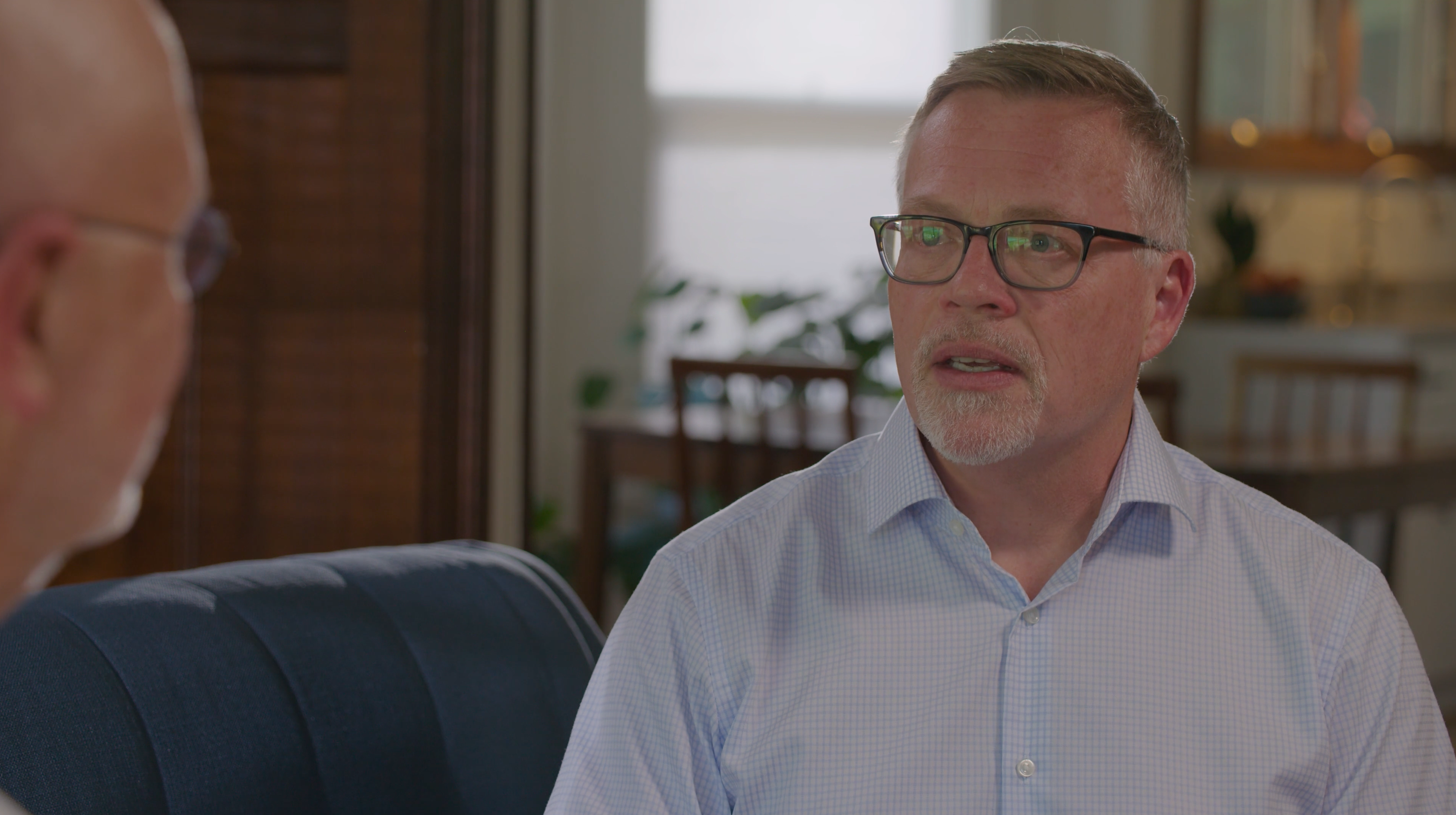Did you know that on average, fundraisers are leaving their jobs every 15-18 months? The non-profit sector has a serious problem with employee retention, and it’s particularly an issue in relationship-based fundraising roles because it can take up to a year or more for a major gifts officer to build trust with their caseload donors.
So why are they leaving, and how can you keep these great people who work so hard to support your mission? In surveys, employees who left their non-profit cited a culture that doesn’t value fundraising, leadership that’s not supportive, or managers who don’t manage.
In addition, many non-profit leaders ask their major gift officers to take on duties outside of building relationships with donors and raising revenue for program. But remember, every moment that your MGO spends planning events or picking up someone from the airport is time they’re not spending with donors. If you expect them to take on additional tasks outside fundraising and don’t adjust their fundraising goals accordingly, burnout is very likely.
In this Question of the Month video, Jeff and Richard discuss what non-profit leaders and managers need to do to retain their best fundraisers.
Read the full transcript below:
Richard Perry
Welcome to the Question of the Month. For years, there’s been an issue with retaining good fundraisers. But recently this problem has gotten even more severe. So today, Jeff is answering this question: how can we stop fundraisers from leaving?
Jeff Schreifels
Well here’s another question we’ve been grappling with for years. I mean, we wrote a white paper on this years ago. And now today, post-pandemic, or maybe we’re still kind of in it, we’re seeing people leave at alarming rates.
Richard Perry
The Great Resignation.
Jeff Schreifels
The Great Resignation. Right? So are we valuing our people? Are we paying them well? So, we often hear these great major gift officers, they’re having incredible years, breaking records, going past their goals. And yet, nothing has been done with them. They’re not giving them any raise in pay, they’re not giving them better benefits. So that’s one thing, are we paying people well? And if they’re doing well, they should be paid well. Are we thanking people? I mean, I don’t know how many major gift officers have come up to us and said, I just don’t feel valued. No one’s ever thanked me for the work that I do.
Richard Perry
Or like the one situation where this huge gift came in. And I’m not going to mention the number but it was in the multiple millions of dollars. And there’s a big argument as to whether the major gift person actually gets the credit, when you and I both know that the person actually caused this multiple millions of dollars to come in. And they’re arguing about it. I mean, how does that affect that person?
Jeff Schreifels
Well, we know that this major gift officer is completely deflated, right? They’ve worked all these years, seven years, seven years, and then the person makes a plan gift, mostly because of that relationship. Right? And they’re not going to get credit for it. Because someone in planned giving gets it. Right. Totally deflated. Right. I think the other area is that they need a structure for success. All major gift officers that we know, that are really good, all have a structure.
Richard Perry
Well, that’s true of all of us though, isn’t it?
Jeff Schreifels
It is! But we don’t value it in the non-profit world. We think oh, well, they’re just going out and having dinners and lunches with donors, taking them out to ball games. And then, you know, hitting them up for money.
Richard Perry
Yeah, “let’s get the money.”
Jeff Schreifels
That’s the idea. Right. But we know that that doesn’t work. The successful major gift officers will be successful if they have that structure, they have accountability, they have that focus.
Richard Perry
They’re talking to the right donors.
Jeff Schreifels
That’s right.
Richard Perry
I mean, just that point alone. When only one out of every three donors who meets the metric wants to relate more personally, just that one point alone about structure is success or failure.
Jeff Schreifels
It’s huge. And then I kind of alluded to this, but it’s accountability. And you think, well, do people really want that accountability? And the fact is, is yes, they do. we know from all the thousands of major gift officers and mid-level officers and planned giving officers that we managed that accountability is key for their success. And they actually come back to us and say, if it wasn’t for us meeting every week, and having you say, “Did you do what you said you were going to do?” I wouldn’t be as successful as I am today. So that accountability is really important.
Richard Perry
Very, very, very critical. Yeah.
Jeff Schreifels
So I guess other things to ask is, you know, are you giving your major gift officers and mid-level officers other things outside of their scope of work to do? We see this all the time.
Richard Perry
Yes, it’s where the job description is just creeping off into other areas.
Jeff Schreifels
Yeah, so they’re driving to the airport, taking the CEO, or it’s picking people up, they’re doing events, right, doing all these things outside of major gift work. And then they start to wonder like, I’m failing, because I’m not actually, I don’t have the time to work with donors.
Richard Perry
We asked them to do this extra stuff. And then we want to punish them because they’re failing at their jobs.
Jeff Schreifels
I think another one is, we need to remove the barriers, the silos within organizations. So if you’re a manager or a leader, if you can remove those silos and get people talking to one another, their jobs are going to be much easier. So for example, if you have a major gift officer who needs to report back to a donor, what happened with their gift, if they don’t have a good relationship with the program people, they’re not going to get it. And that relationship with the donor is going to be stunted. It’s not going to grow, because they’re not going to get that information.
Richard Perry
Which means getting the program people to understand where money comes from, which means taking care of donors.
Jeff Schreifels
Which then moves to my next one, which is developing a culture of philanthropy within the organization, and that removing those barriers will be part of that work. So program people, finance people, you know, the front desk person, if they all understand the role that donors play in that organization, which is a huge role. Because it’s the engine, the fuel that keeps the mission going, right. If they get that, you’ll see much happier people. And then finally, I think it goes back to making sure you have those metrics, those KPIs for your major gift officer, to hold them accountable. They need that structure. And those KPIs so they know where they’re going.
Richard Perry
Exactly. I mean, so many employees, you and I know, they don’t know how they’re going to be measured or evaluated. So being clear about it creates so much freedom and safety.
Jeff Schreifels
Exactly. That’s why having a plan for every donor, having a revenue goal for every donor is actually so much more comforting to the major gift officer and allows them more freedom, because they know where they’re going.
Richard Perry
Good stuff, Jeff.
Jeff Schreifels
So if we have those things, we can keep good people.
Richard Perry
Thank you, Jeff. And I hope that this has inspired you to make some changes in how you retain your staff. So you keep those great people who are doing important work to support your mission. And if you’d like more on this topic, be sure to download our free white paper on Hiring and Retaining Great Major Gift Officers. Just click on the button below or the link on this post to get your free copy. Thank you and see you next time.
—————
For more insights on how to find and keep your best fundraisers, check out our White Paper, “Hiring and Retaining Great Major Gift Officers.”







0 Comments